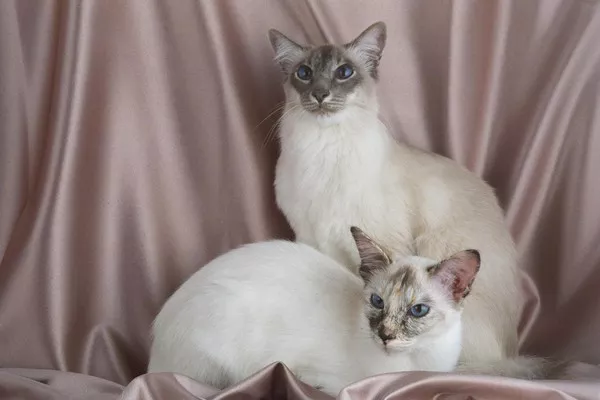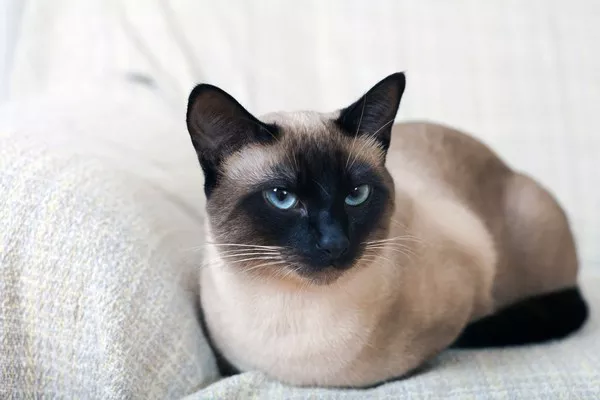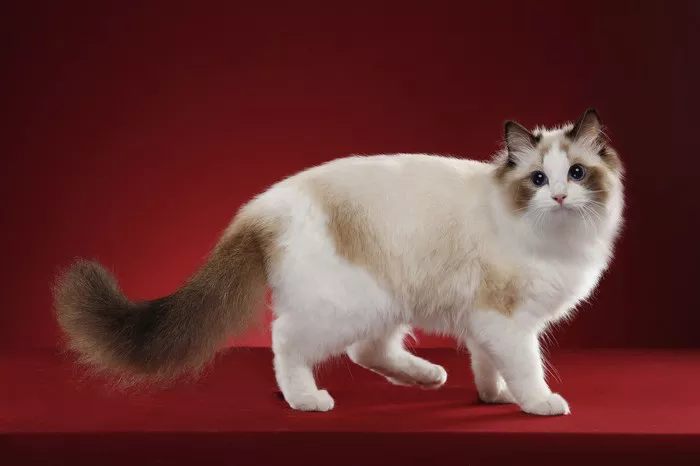Cats, known for their mysterious and independent nature, occasionally face reproductive challenges that lead to infertility. Feline infertility can be a distressing concern for cat owners, impacting both the well-being of the cat and the hopes of expanding feline families. This article delves into the complex world of cat infertility, exploring its potential causes, methods of diagnosis, and available treatment options.
The Complex Landscape of Cat Infertility
Understanding the Reproductive Cycle:
Before delving into infertility, it’s crucial to comprehend the feline reproductive cycle. Female cats, or queens, experience cyclical heat, also known as estrus, which is influenced by factors like day length and environmental conditions. Male cats, or toms, are typically ready to mate year-round. A disruption in this cycle can contribute to infertility.
Potential Causes of Cat Infertility:
Infertility in cats can stem from various factors, ranging from age-related decline to underlying health issues. Here are some common causes:
Age-Related Decline:
As with humans, fertility in cats can decline with age. Older cats, particularly females, may experience reduced reproductive efficiency, making conception more challenging.
Hormonal Imbalances:
Hormonal irregularities can disrupt the intricate dance of reproductive hormones necessary for successful mating and pregnancy. Conditions like hyperthyroidism or polycystic ovaries may contribute to hormonal imbalances.
Infections and Diseases:
Infectious diseases, such as feline leukemia virus (FeLV) or feline immunodeficiency virus (FIV), can compromise a cat’s overall health, including reproductive function. Chronic illnesses like diabetes can also impact fertility.
Structural Abnormalities:
Structural issues, such as abnormalities in the reproductive organs, can hinder successful mating or pregnancy. These may include malformations in the uterus or issues with the tom’s reproductive anatomy.
Poor Nutrition:
Adequate nutrition is paramount for reproductive health. Cats with deficiencies in essential nutrients may experience fertility challenges. Conversely, obesity can also contribute to reproductive issues.
Stress and Environmental Factors:
Cats are highly sensitive to environmental stressors. Changes in living conditions, the introduction of new pets, or disruptions in routine can induce stress, negatively impacting reproductive capabilities.
Diagnosing Feline Infertility
Veterinary Evaluation:
When facing concerns about cat infertility, consulting with a veterinarian is the crucial first step. A thorough veterinary examination can help identify potential underlying issues. The vet may inquire about the cat’s medical history, behavior, and reproductive history.
Diagnostic Tests:
Several diagnostic tests may be employed to uncover the root cause of infertility:
Blood Tests:
Bloodwork can reveal hormonal imbalances, detect infections, and assess overall health.
Imaging Studies:
Ultrasound or radiographic imaging can provide insights into the structure of the reproductive organs, identifying any abnormalities.
Genetic Testing:
In cases of suspected genetic issues, genetic testing may be recommended to assess hereditary factors affecting fertility.
Semen Analysis:
For male cats, a semen analysis can evaluate the quality and quantity of sperm, providing insights into reproductive health.
Ovulation Monitoring:
Monitoring the queen’s ovulation cycle through hormonal assays or vaginal cytology can pinpoint the optimal time for mating.
Treatment Approaches for Feline Infertility
Addressing Underlying Health Issues:
Treatment of feline infertility often involves addressing any underlying health concerns. This may include managing infections, regulating hormonal imbalances, or providing supportive care for chronic conditions.
Nutritional Intervention:
Ensuring optimal nutrition is crucial for reproductive health. A balanced and nutritious diet, tailored to the cat’s specific needs, can positively impact fertility. Conversely, addressing obesity through controlled feeding may improve reproductive outcomes.
Behavioral and Environmental Modifications:
Reducing stressors in the cat’s environment can play a pivotal role in enhancing fertility. Creating a calm and stable living environment, minimizing disruptions, and providing ample opportunities for mental and physical stimulation contribute to overall well-being.
Assisted Reproductive Techniques (ART):
In cases where natural mating is challenging, assisted reproductive techniques may be considered. Artificial insemination, in vitro fertilization (IVF), or embryo transfer are options that can bypass certain fertility obstacles.
Surgical Interventions:
Structural abnormalities may require surgical intervention. Procedures to correct malformations or address issues within the reproductive organs can improve the likelihood of successful mating and pregnancy.
Preventive Measures and Future Considerations
Early Veterinary Care:
Regular veterinary check-ups from an early age can contribute to the early detection of any potential health issues. Early intervention allows for timely management and may mitigate the risk of fertility challenges.
Breeding Ethics and Responsible Ownership:
For those involved in intentional breeding, ethical considerations and responsible ownership are paramount. Breeding decisions should prioritize the health and well-being of both the parent cats and their potential offspring.
Genetic Screening:
In cases where hereditary factors are suspected, genetic screening of breeding cats can help identify and mitigate the risk of passing on genetic disorders to future generations.
See Also: Cat Reproduction: Heat Cycles, Pregnancies & More
Conclusion
Cat infertility is a multifaceted issue with diverse causes, requiring a comprehensive and individualized approach to diagnosis and treatment. By understanding the intricate factors influencing feline fertility, cat owners can collaborate with veterinarians to enhance the overall reproductive health of their beloved feline companions. Through a combination of preventive measures, early intervention, and responsible breeding practices, cat infertility can be navigated with the goal of ensuring the well-being of both cats and their potential offspring.


























